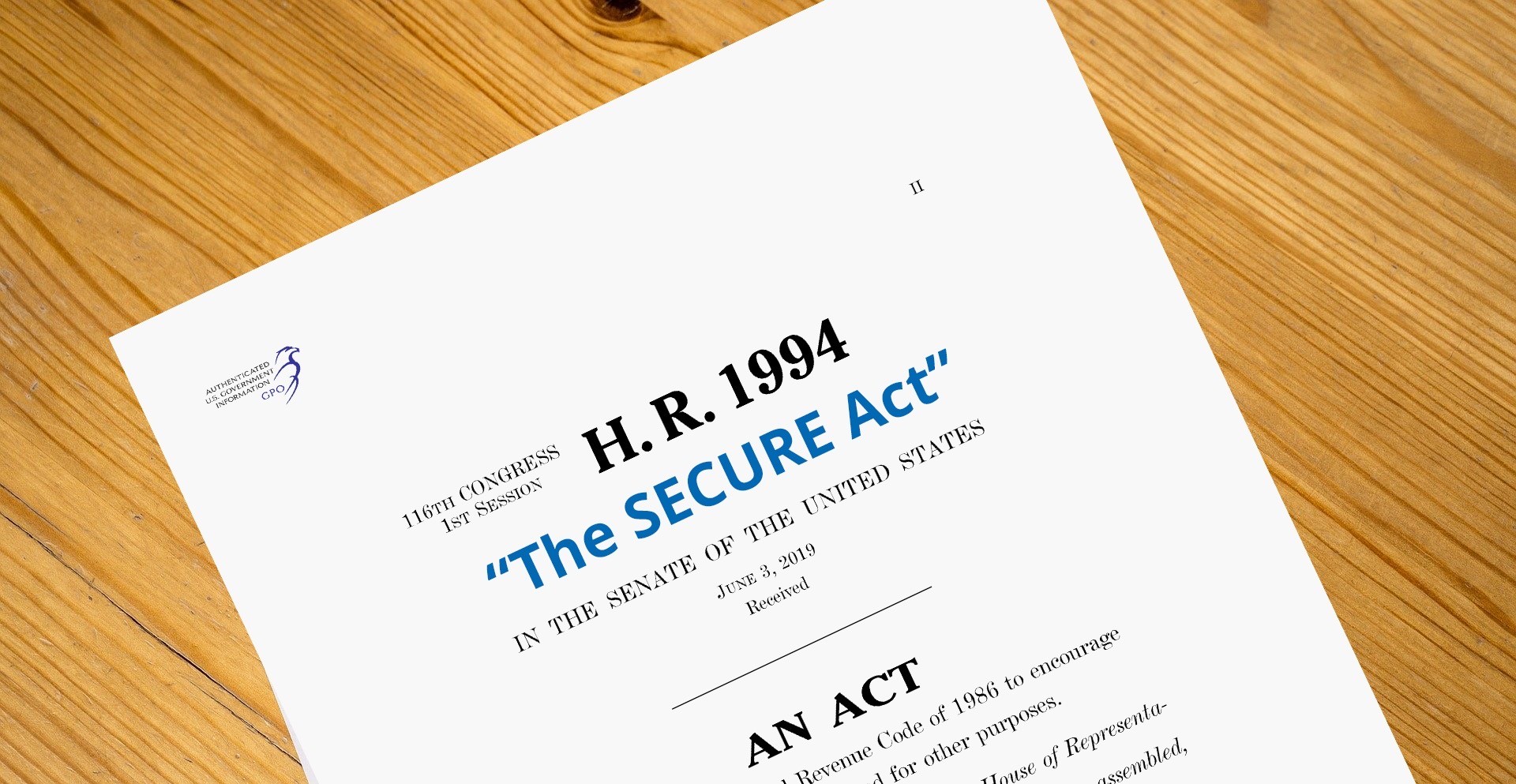NAIFA CEO Kevin Mayeux is set to testify tomorrow before the Massachusetts Securities Division concerning the state’s proposed fiduciary duty for insurance and financial professionals (i.e., proposed amendments to 950 CMR 12.200). He will testify on behalf of NAIFA’s national organization and the NAIFA-Massachusetts state chapter.
NAIFA supports efforts to ensure that financial professionals act in the best interests of their clients, Mayeux will testify, but has significant concerns that the Massachusetts proposal will place undue compliance burdens on agents and advisors as well as their clients and reduce the access of lower- and middle-income consumers to financial services and products.
First, the proposal favors a fee-based business model over the commission-based brokerage model. It disregards the fact that many investors and retirement savers are better served paying commissions than by paying recurring fees. Also, many fee-based advisory firms require minimum account balances of $500,000 or more, putting them out of range for more modest investors. Increased obligations on professionals who earn commissions would likely result in higher compliance costs that would have to be passed on to consumers or would force agents and advisors to stop serving commission-paying clients.
“If adopted in its current form, the proposal will likely lead to large numbers of broker-dealers and their registered representatives changing their business practice from a commission-based brokerage practice to a fee-based business model,” Mayeux will testify. “This likely shift by many broker-dealers and their reps from a commission-based model to a fee-based practice will have a costly, negative effect on many of the small and mid-sized investors who constitute a large portion of NAIFA’s members’ practices, and who are the very consumers the Division is concerned with protecting.”
Second, NAIFA is concerned that the Massachusetts proposal would appear to apply to variable annuities and insurance products in general. Current Massachusetts law does not classify annuities, including variable annuities, as “securities.” Variable annuities are already highly regulated, and insurance products do not fall under the jurisdiction of the Massachusetts Securities Division.
“Variable annuities are already subject to comprehensive regulation by state insurance regulators, FINRA and the SEC, and they are among the most heavily regulated products in the financial marketplace,” Mayeux will testify. “Subjecting these products to an additional layer of regulation by the state’s securities regulator will not provide any additional meaningful consumer protections and will likely result in increased costs to consumers of these products due to the costs of compliance with the additional regulations.”
Third, the federal Securities and Exchange Commission has adopted Regulation Best Interest (Reg BI), which protects consumers and preserves various business models that allow consumers to chose how they would like to pay for financial guidance, services, and products. Additionally, the National Association of Insurance Commissioners is finalizing amendments to its model regulation on annuities to include a best interest standard that aligns well with Reg BI.
NAIFA is concerned that individual states, such as Massachusetts, pursuing their own standard of care legislations will create overlapping, duplicative, or conflicting requirements. This will sew confusion among consumers and make it difficult or even impossible for financial professionals to be in compliance.
“At a minimum, the Division should delay any action on the proposal until we’ve had enough time to assess the impact that Reg BI and the NAIC amendments have had on consumer protection and the marketplace, and we can then determine if there are any regulatory ‘holes’ that require further state action,” Mayeux will testify.
The Public Hearing will now be held at 9:30 a.m. on Tuesday, January 7, 2020 at the Massachusetts State House, Room 222, 24 Beacon Street, in Boston.
NAIFA has also submitted written comments on the proposal.







